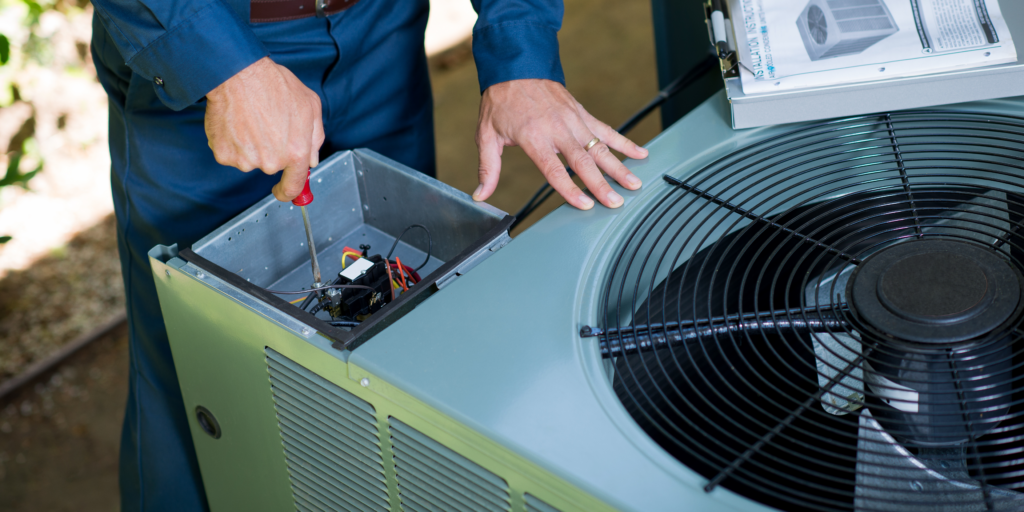Maintaining confidentiality is one of the most critical aspects of selling an HVAC company. Ensuring that the sale process is discreet can prevent disruptions, protect business relationships, and maintain the stability of your operations. Here are some key strategies to handle confidentiality effectively when selling your HVAC business.
Limit Information Sharing
The first step in maintaining confidentiality is to limit the information you share about the sale. Avoid disclosing the sale plans to employees, customers, or suppliers until it is absolutely necessary. Early disclosure can lead to uncertainty and anxiety among employees, loss of customers, and strained supplier relationships. Instead, work closely with your advisors to determine the appropriate time and manner to inform key stakeholders.
Use Confidentiality Agreements
Confidentiality agreements, or non-disclosure agreements (NDAs), are essential tools in protecting sensitive information during the sale process. Ensure that all potential buyers sign an NDA before providing them with detailed information about your business. This legal document obligates the buyer to keep all shared information confidential, reducing the risk of leaks.
Screen Potential Buyers
Not all inquiries about your business will be from serious buyers. To protect confidentiality, it’s crucial to screen potential buyers thoroughly before engaging in detailed discussions. Work with a business broker or advisor to verify the buyer’s credentials, financial capability, and genuine interest in purchasing your HVAC company. This step helps filter out non-serious parties and ensures you are dealing with qualified buyers.

Prepare a Blind Profile
A blind profile is a marketing document that provides essential information about your HVAC company without revealing its identity. It includes details about the business’s performance, market position, and growth potential, but omits specific identifiers like the company name or location. Using a blind profile allows you to attract interest from potential buyers while keeping your company’s identity confidential.
Control the Flow of Information
During the sale process, control the flow of information by sharing it in stages. Initially, provide potential buyers with high-level overviews and financial summaries. As they progress through the screening process and demonstrate serious interest, you can gradually share more detailed information under the protection of an NDA. This phased approach minimizes the risk of sensitive information being exposed prematurely.
Coordinate Communication
Carefully coordinate all communications related to the sale to ensure consistency and control. Designate a single point of contact, such as your business broker or advisor, to handle inquiries and information requests. This centralized communication strategy helps maintain confidentiality and ensures that all interactions are managed professionally.
Secure Documentation
Keep all sale-related documentation secure, whether in physical or digital form. Use secure file-sharing platforms to share documents with potential buyers and advisors. Implement strict access controls to ensure that only authorized individuals can view or download sensitive information. Proper document security measures are crucial to protecting confidentiality throughout the sale process.
Conclusion
Handling confidentiality when selling your HVAC company is paramount to ensuring a smooth and successful transaction. By limiting information sharing, using confidentiality agreements, screening buyers, preparing a blind profile, controlling information flow, coordinating communication, and securing documentation, you can protect your business’s sensitive information.
At Scale or Exit Partners, we specialize in helping HVAC companies prepare for sale, ensuring that confidentiality is maintained and that you achieve the best price and terms. If you need additional support on preparing your business to sell or would like to sell now, text or call Scale or Exit Partners at (832)745-2721. You can also email us at garyd@scaleorexit.com. For more information about Scale or Exit Partners, visit our website at www.scaleorexit.com. We have access to investors if you want to sell now, and if you want to get the best price and terms for a future sale, we can help you get ready.
